
Affiliation No : AS1018
APPLY NOWNotification |
Kammavari Sangham (R) 1952, K. S. Group of Institutions
K. S. PRE UNIVERSITY COLLEGE
No.14, Raghuvanahalli, Kanakapura Road, Bengaluru - 560109, [email protected] +91 74830 23380
(Recognized by Government of Karnataka & Approved by PU Board)
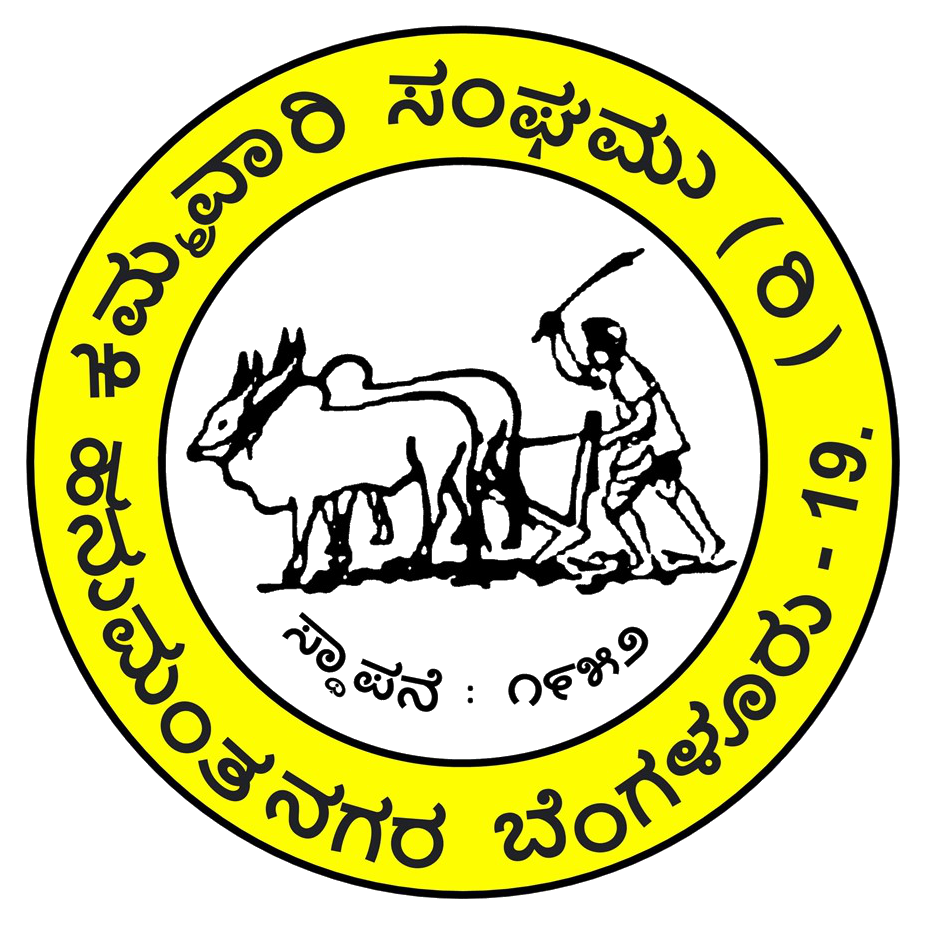
Announcement |
The PUC Science Programme seeks to spark students' intense interest in science who have chosen to pursue science. Students will get a foundational understanding of Mathematics, Physics, Chemistry, Biology and Computer Science. In the process, they help students develop their logical thinking skills while gaining insights into the subject's fundamental concepts in a positive, fiercely competitive setting.
The world relies on science and technology in every aspect. Science-related subjects provide scientific information and theory regarding all natural phenomena. It broadens their understanding of the ecosystem in which we live and gives them the skills they need to deal with a variety of issues. Students with innovative ideas, a practical mindset, and a technical interest can make a lot of advances in the field of science that are good for humanity. There is the thrill of learning something new and being at the forefront of knowledge. Consider how awesome it feels to have discovered something new that has never been known before in the history of the world.
PCMB Stands for Physics, Chemistry, Mathematics and Biology. Students who want to pursue jobs in science and technology, notably in the disciplines of medicine, engineering, and biotechnology, choose this Combination. All four subjects will be thoroughly studied by PCMB students, with a focus on comprehending the underlying ideas that underpin the natural world.
PCMCs Stands for Physics, Chemistry, Mathematics and Computer Science. This Combination is chosen by students who are interested in pursuing their careers in Computer science and technology, particularly in the fields such as Information technology and Computer Science. Students in PCMCs will also learn programming languages, computer science fundamentals like algorithms, data structures, and software development, in addition to physics, chemistry, and Mathematics.
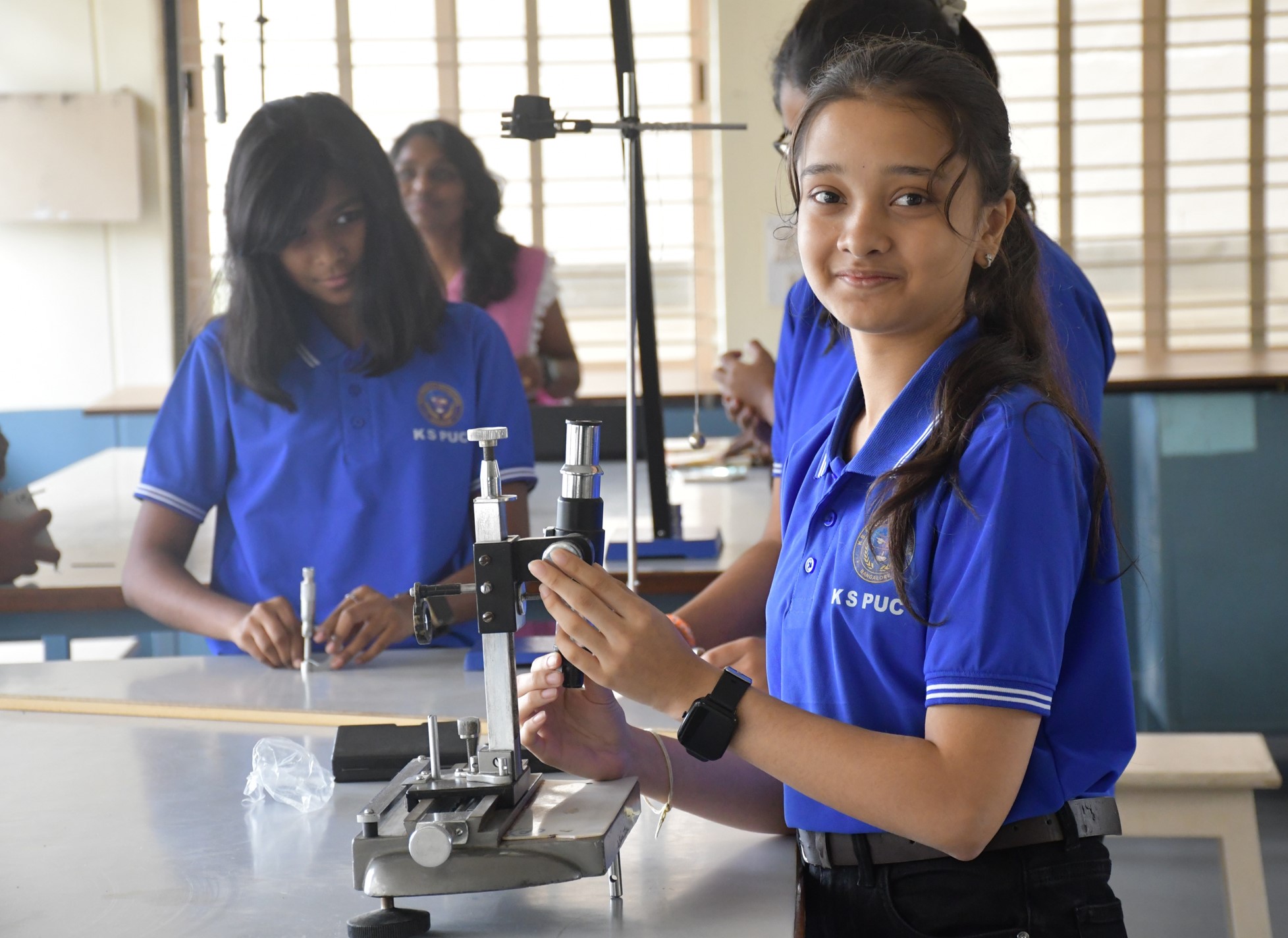
The physical universe is incredibly intricate in every way. Every day, everyone of us witnesses a wide range of things and events. The human species has amassed a vast amount of knowledge as a result of our collective curiosity over the ages. From the flight of birds to the hues of flowers, from lightning to gravity, from quarks to galaxy clusters, from the passage of time to the enigma of the universe's origin, humans have posed questions and gathered vast quantities of data. With regard to all of these specifics, we have found that a surprisingly condensed and unified set of physical principles can adequately account for what we perceive. Humans tend to generalise and seek out order.
Physics is concerned with describing the interactions of energy, matter, space, and time, and it is especially interested in what fundamental mechanisms underlie every phenomenon. The concern for describing the basic phenomena in nature essentially defines the realm of physics.
Physics seeks to explain how everything in our environment works, from the motion of microscopic charged particles to that of humans, vehicles, and spacecraft. In reality, the rules of physics can rather properly describe practically everything that is in your immediate environment.
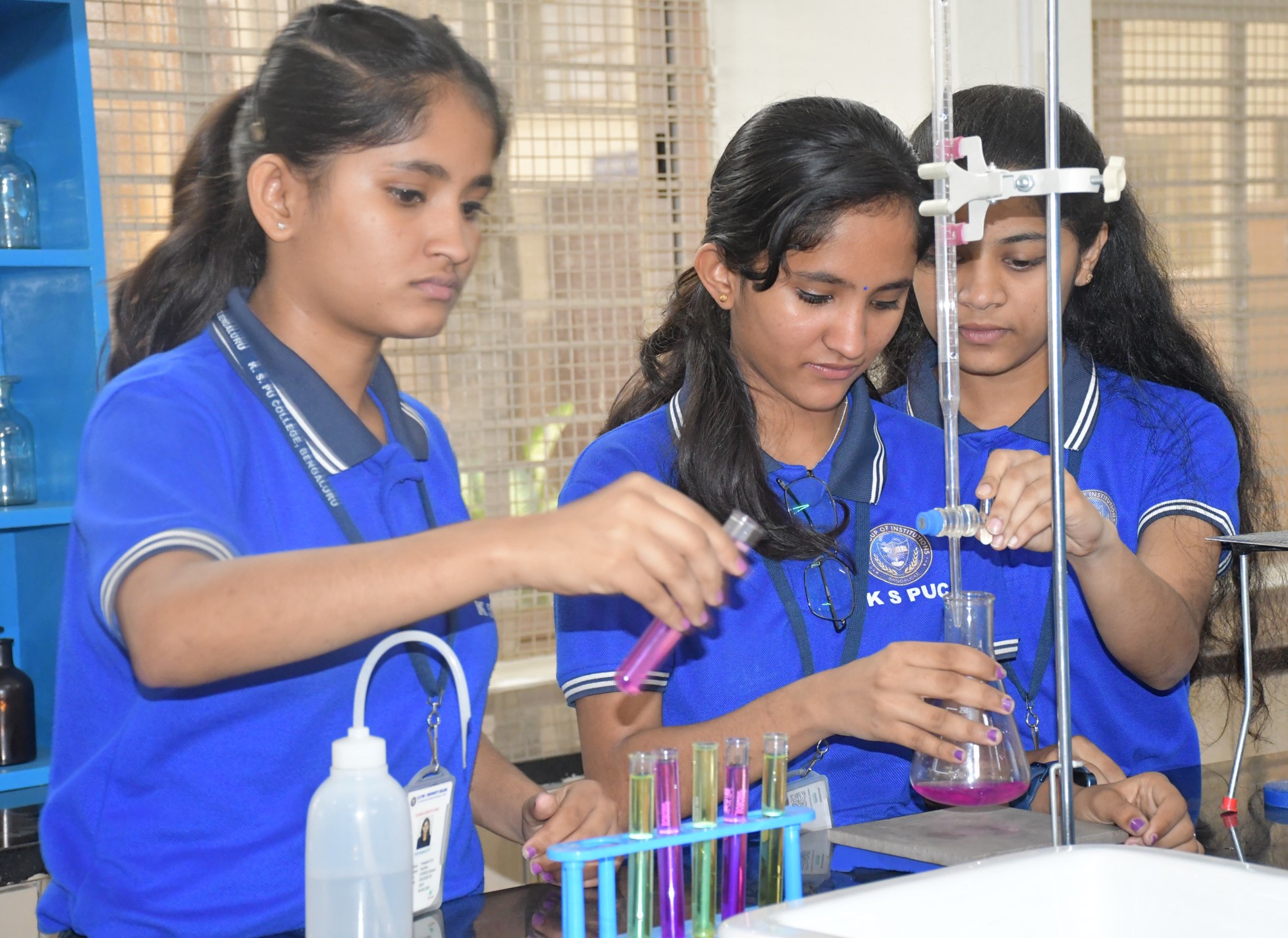
Chemistry is one of the most important scientific disciplines. Chemistry can be defined as the branch of science that investigates matter, including its characteristics, chemical makeup, and modifications brought about by diverse processes.
The study of matter and the substances that make it up is the focus of the scientific subdiscipline of chemistry. The characteristics of these substances and the reactions they go through to produce new substances are also covered. Atoms, ions, and molecules, which in turn make up elements and compounds, are the main subjects of chemistry. Through chemical bonding, these chemical species frequently communicate with one another. It is significant to remember that the study of chemistry also examines how matter and energy interact. It is the study of the properties, compositions, and structures of elements and compounds, as well as how they can change and the energy generated or absorbed during such changes.
Everywhere we see, chemical processes are happening. Thousands of chemical interactions are facilitated by the human body each day. Chemical processes are involved in all biological functions, including food digestion and muscle activity.
Here are a few further instances of chemistry in daily human life.

There is debate over whether mathematical objects such as numbers and points exist naturally or are human creations. The mathematician Benjamin Peirce called mathematics "the science that draws necessary conclusions". Albert Einstein, on the other hand, stated that "as far as the laws of mathematics refer to reality, they are not certain; and as far as they are certain, they do not refer to reality."
Mathematics developed from counting, computation, measurement, and the methodical study of the shapes and motions of physical objects through abstraction and logical reasoning. Since there have been written records, humans have engaged in practical mathematics. Greek mathematics was the first to use rigorous arguments, most notably in Euclid's Elements. Up to the Renaissance, mathematics developed in sporadic bursts, but as a result of interactions between new scientific discoveries and mathematical advances, research accelerated and is still going strong now.
From counting, computation, measuring, and the methodical study of the shapes and motions of physical objects, mathematics developed through abstraction and logical reasoning. Since the beginning of recorded history, humans have engaged in practical mathematics. Greek mathematics, especially Euclid's Elements, is where rigorous arguments first appeared. Up until the Renaissance, mathematics developed in sporadic bursts. Then, when mathematical discoveries mixed with fresh scientific findings, research accelerated and is still going strong now.
In many disciplines today, including natural science, engineering, medicine, and the social sciences, mathematics is a crucial instrument. Inspires and makes use of new mathematical discoveries, applied mathematics, the branch of mathematics concerned with the application of mathematical knowledge to other domains, and occasionally results in the establishment of whole new sciences. Although practical uses for what started as pure mathematics are frequently discovered later, mathematicians also engage in pure mathematics, or mathematics for its own sake, without having any application in mind.
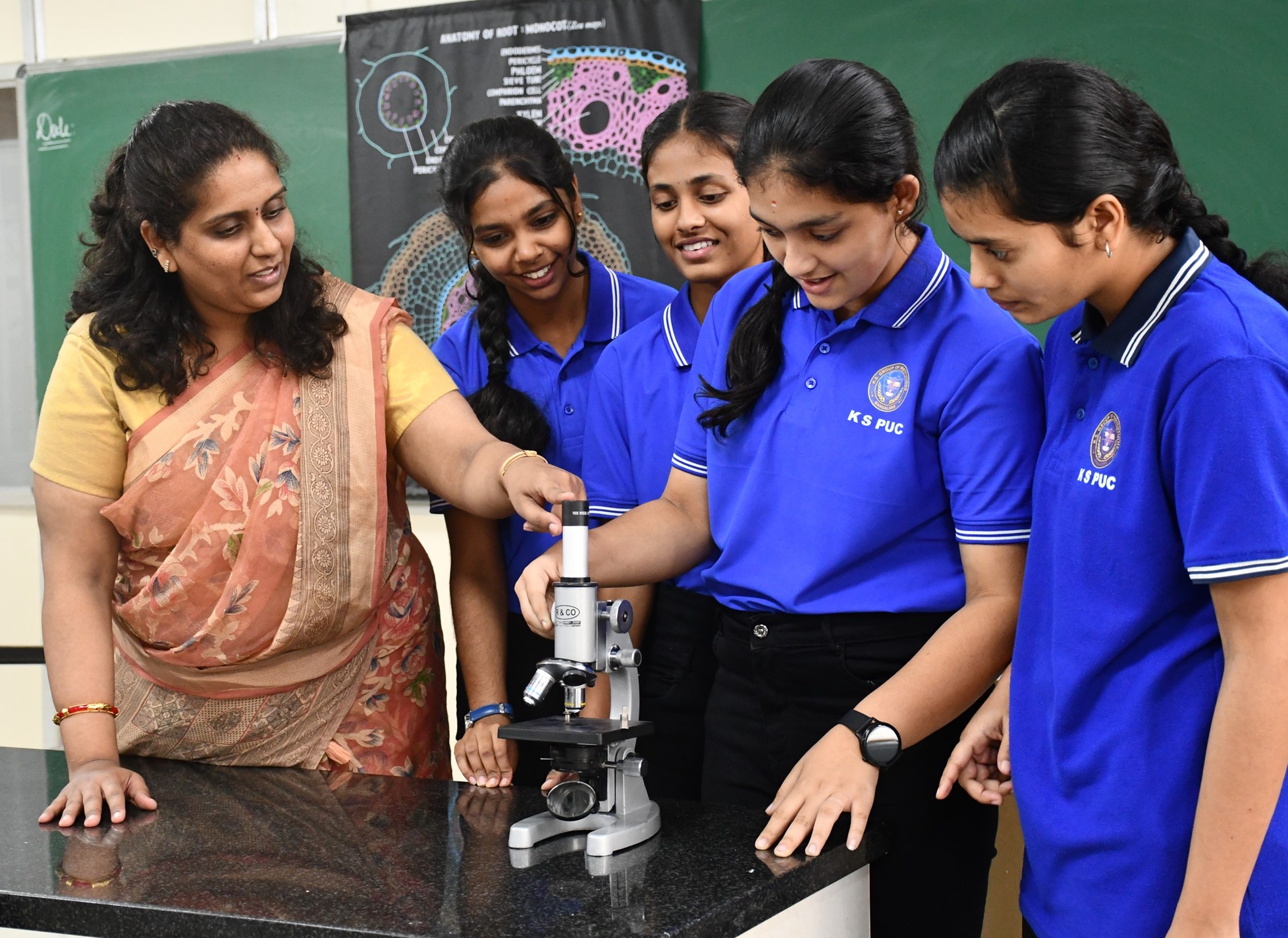
The study of living things is known as biology. It includes the genetic underpinnings of heredity in organisms, the energy metabolism that drives life's activities, and the cellular basis of living things. The study of evolutionary links between species and the variety of life on Earth is also included in the field of biology. It takes into account the biology of creatures including bacteria, plants, and animals and combines the structural and functional links that underlie their daily operations. Chemistry and physics serve as the foundation for biology, which then applies these sciences' laws to living organisms.
Technology developments have made it possible to learn even more about life and its components. For instance, the discovery of viruses has forced scientists to reevaluate conventional concepts and approach life from a whole different angle.
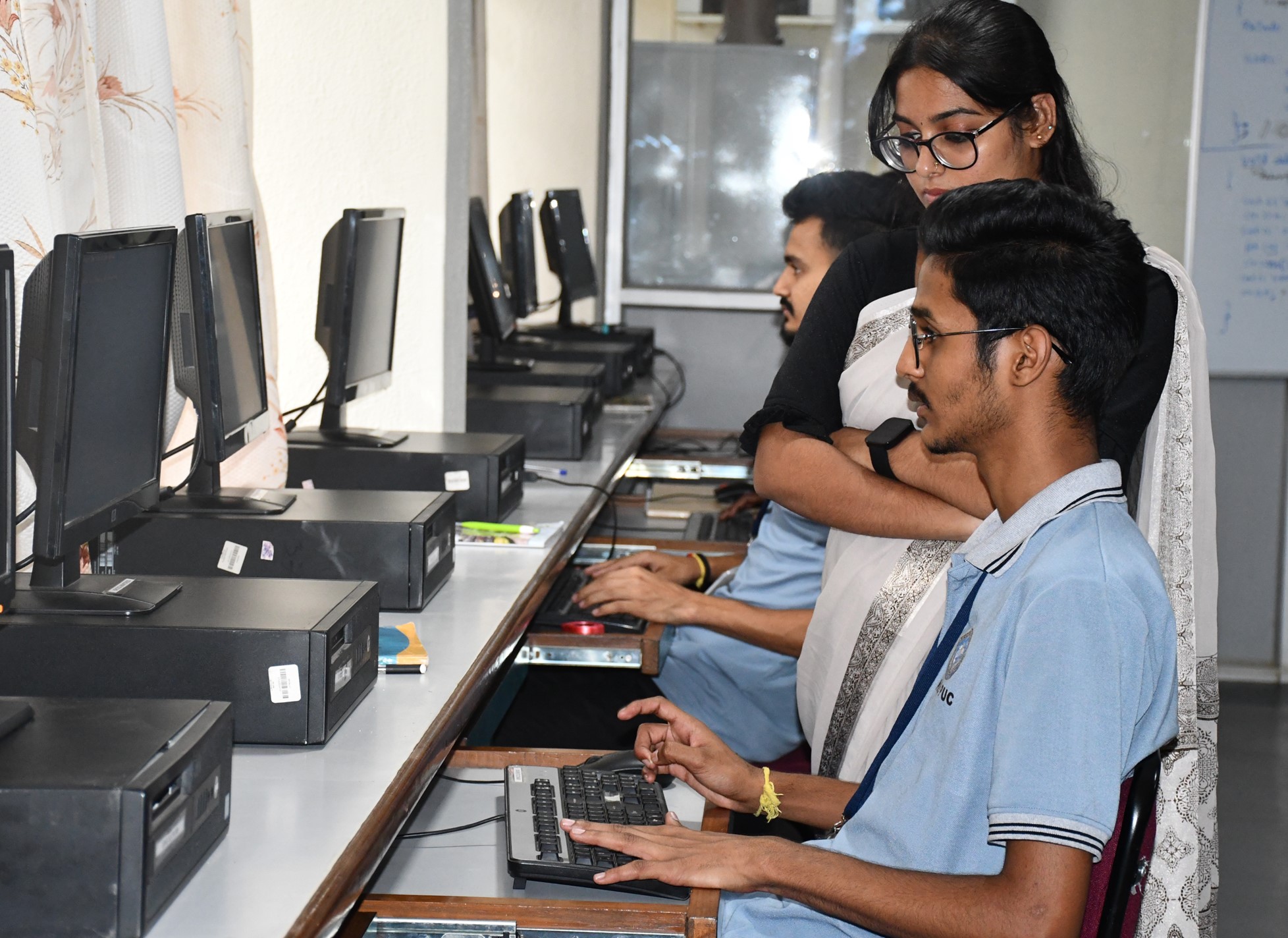
Despite the fact that the word "computer" technically means "to compute" or "to calculate," we can see in today's society that computers are utilised for much more than just math.
'Computer is an electronic device that receives input, stores or process input as per the instructions & provides output in desired format.'
In other words, A computer is a machine that can be programmed to accept data (input), process it into useful information (output), and store it away (in a secondary storage device) for safekeeping or later reuse. The processing of input to output is directed by the software but performed by the hardware.
The study of computing and information is known as computer science. The theory of computation, algorithms, computational issues, and the design of computer systems' hardware, software, and applications are all topics covered by computer science.
We can use computers to assist with issue solving. However, in order to address a problem, it must first be comprehended, along with potential solutions. This is possible thanks to computational thinking.
We may use computational thinking to take a complex situation, identify the issue, and create potential solutions. Then, we may communicate these solutions in a way that a machine, a person, or both, can comprehend.
Using computational thinking, a complex problem can be divided up into manageable components. Basically, computational thinking enables you to divide an issue into manageable chunks that a computer could comprehend and eventually assist in solving. Coding is not computational reasoning. A computer is programmed with instructions on what to do and how to do it. While computational thinking involves determining what to instruct the machine to do. The process of thinking like a computer scientist is known as computational thinking.
After completion of PUC Course, Science students can choose :